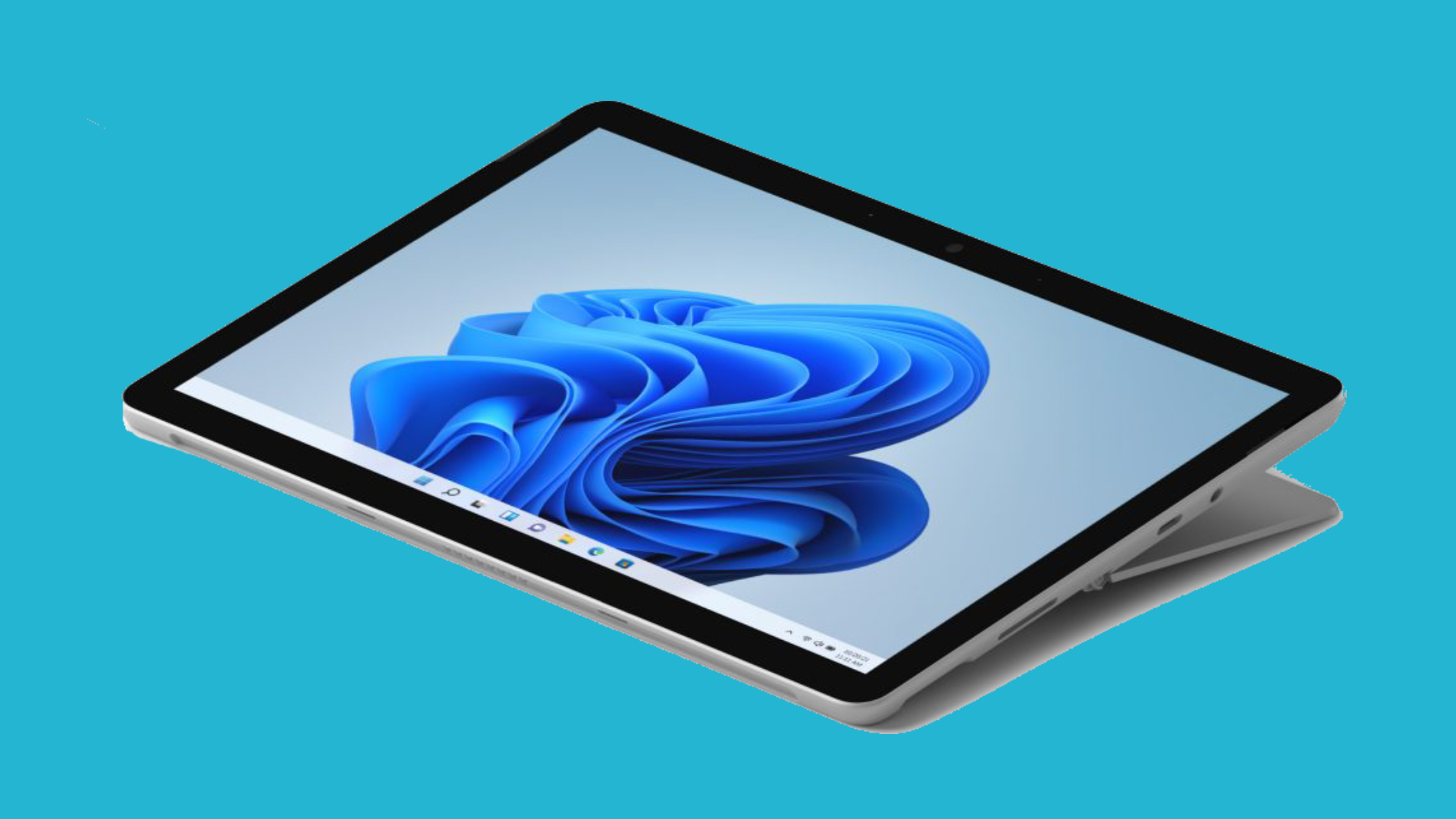Windows 11 doesn’t deserve the hate – but Microsoft needs to do more
Windows 11 is struggling to get more users – what went wrong?

A new report by AdDuplex reveals that Windows 11 is now installed on 19.3% of computers, suggesting that Microsoft is struggling to convince people to upgrade to its new operating system.
While that number may seem initially impressive – after all, nearly 20% of all PCs is still a large number – it’s only a small increase of the 16.1% share AdDuplex reported the month earlier.
Building momentum is incredibly important this early on in an operating system’s life, so the fact that upgrades are slowing down a few months after launch is going to be concerning for Microsoft. Meanwhile, Windows 10 21H1 is the most-used version of Windows with 27.5% share, a small drop from the previous month.
Interestingly, Windows 10 21H2, which was released around the same time as Windows 11, has 21% market share. It seems that many Windows 10 users are upgrading to the newer version of Windows 10, rather than switching to Windows 11.
That makes sense – many people would rather stick with what they know. It also highlights that Microsoft may not be making as convincing an argument for switching to Windows 11 as it needs to.
The fact that older version of Windows 10, including Windows 10 20H2 on 17.9% and Windows 10 2004 on 7.9%, make up the bulk of the rest of the market, highlights the struggle Windows 11 faces.
The data AdDuplex uses is from around 5,000 apps that use the AdDuplex v2 SDK on the Microsoft Store, and covers around 60,000 PCs. This means the survey only includes versions of Windows that come with the Microsoft Store (Windows 10 and Windows 11), so while this doesn’t give us a complete view of the operating system market, it does help us understand the popularity of Windows 10 and Windows 11.
Sign up for breaking news, reviews, opinion, top tech deals, and more.
Analysis: Why the Windows 11 hate?

Since its launch, there seems to be quite a bit of negativity surrounding Windows 11, and this may be why Windows 10 users are hesitant to switch. When Microsoft announced Windows 11, many people were surprised. Not because of past comments by Microsoft that suggested that Windows 10 would be the last version of Windows released, but because Windows 10 still feels relatively modern. With the release of Windows 10 21H2, it’s also an operating system that continues to get new updates and features.
For people using Windows 10 who are happy with the operating system, there doesn’t seem like a huge reason to switch to Windows 11. Windows 10 isn’t perfect, but that too might actually convince people to stick with the older OS.
Microsoft had a rough patch where it released numerous Windows 10 updates that appeared to cause more problems than they fixed. This affected people’s confidence in Microsoft, and some may think if the company can’t get an operating system update right, what kind of problems would an entirely new operating system bring?
Holding off from installing a new operating system as soon as it launches and sticking with your existing OS until early bugs and problems are fixed, is actually a pretty good idea. Once Microsoft corrects the Windows 11 problems (thankfully there aren’t too many) and addresses some of the complaints users have, we may see more Windows 10 users switch to Windows 11.
Another valid reason why people may not upgrade to Windows 11 from Windows 10 is the fact that they simply can’t. Microsoft made having TPM a requirement for Windows 11, and this has meant that many perfectly capable PCs can’t actually officially run the new operating system. We can’t see Microsoft changing its position on this (in fact, it’s made life harder for people running Windows 11 on unsupported hardware), so many people won’t upgrade to Windows 11 until they get new devices, and that could be years from now.
Unfortunately, there is a growing negativity about Windows 11 as well. Many of its detractors are very vocal online, which could make people wary of upgrading. Some of these grumbles are definitely valid, but I increasingly feel like some of the hate is undeserved.
Sure, Windows 11 has some frustrating quirks at the moment – the reduced functionality of the taskbar is particularly baffling – but Microsoft is continuing to add features and fix issues. The new user interface may take some getting used to, but it feels fresh and modern.
I’ve also found Windows 11 to run well, with boot times particularly improved. While I don’t love the operating system (Microsoft still struggles to make anyone feel particularly fond of its software), I don’t hate it either.
Microsoft needs to counter the negative opinion people are forming of Windows 11 as quickly as possible, and show people why they gain from upgrading to the new operating system. What it certainly doesn’t want to happen is for Windows 11 to be spoken about in the same way people talk about Windows Vista or Windows 8.
Those two versions are widely derided as embarrassing failures – a fate that Windows 11 doesn’t deserve.
- Our Windows 11 tips can make your PC faster
Via Xda Developers

Matt is TechRadar's Managing Editor for Core Tech, looking after computing and mobile technology. Having written for a number of publications such as PC Plus, PC Format, T3 and Linux Format, there's no aspect of technology that Matt isn't passionate about, especially computing and PC gaming. He’s personally reviewed and used most of the laptops in our best laptops guide - and since joining TechRadar in 2014, he's reviewed over 250 laptops and computing accessories personally.